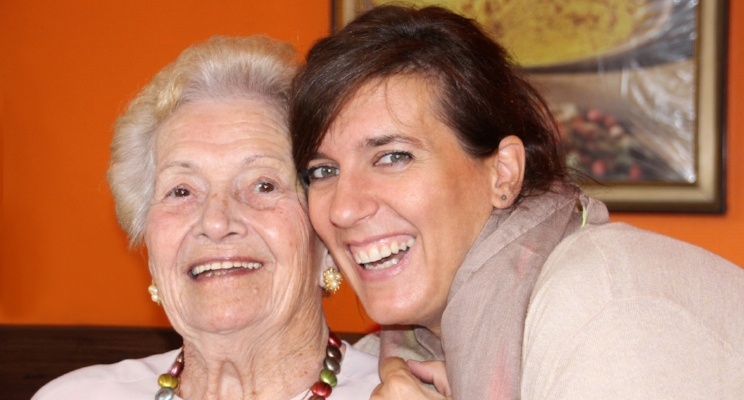Guest blogger, June Duncan, caregiver and author of the upcoming book, The Complete Guide to Caregiving: A Daily Companion for New Senior Caregivers shares her insight on the day-to-day struggles of caregivers, barriers to accepting assistance, the issues those barrier causes, and home care companies like Caring Senior Service as respite options. Most people interested in senior home care franchise ownership are looking for a way to be more impactful in their careers. Helping not only seniors, but their family members is an example of the rewarding work Caring Owners do everyday in their communities.
Approximately 34.2 million Americans worked as informal caregivers over the course of the past year, providing unpaid care to older adults. Those performing that role are subject to a tremendous amount of stress, often trying to balance a work life, family life and the needs of the patient. According to the Family Caregiver Alliance, 96% of those caregivers performed duties associated with daily living, such as getting in and out of bed, personal hygiene tasks, dressing and undressing, taking medications, and assisting with shopping.
Informal Caregivers
Who are the informal caregivers? 75% of informal caregivers are women who are about 70, and 40% of those caregivers are performing in high-burden situations. Almost half of informal caregivers perform complex care, including medical and nursing tasks along with duties associated with daily living.
It’s important to note that 57% of informal caregivers feel they have no choice in performing clinical tasks. They also admit that the lack of choice is self-imposed: 43% don’t believe anyone else can perform the duties, or they believe insurance won’t pay for professional care. Many of these caregivers care for their family members, and may also be referred to as family caregivers for this reason.
Caregiver Stress
Informal caregivers are in a demanding role, and many succumb to “caregiver stress.” Symptoms of caregiver stress include insomnia, exhaustion, anxiety, depression, moodiness, significant weight gain or loss, apathy, inability to focus, and frequent illness or illness that won’t resolve. Experts advise that caregivers suffering with caregiver stress risk both physical and mental health decline, potentially facing obesity, a weakened immune system, and higher risk for chronic diseases such as diabetes, cancer, stroke and heart disease. The mortality rate of those experiencing caregiver stress is sixty-three percent higher than non-caregivers.
It’s vitally important to encourage those in the role of caregiving to take respite from their duties for the sake of their well-being and to reduce caregiver stress. Hiring assistance from a senior home care agency can be a huge boon to family caregivers, providing much-needed relief.
Encourage Respite
Taking routine downtime from caregiving is vital for mental health. It allows time to participate in the many important aspects of self-care, such as exercising, catching up on sleep, and participating in otherwise neglected hobbies. Those in the role of caregiver must be encouraged to participate in a self-care program, and a pivotal element of that self-care includes respite.
According to ARCH Respite, “Respite is a service that provides a temporary break between the family caregiver and the care recipient. It is most important for caregivers to plan ahead if possible when they begin their caregiving activities to access intermittent breaks from caregiving. … Respite will be most helpful if you use it before you become exhausted, isolated, and overwhelmed by your responsibilities. Respite services can be beneficial, meaningful, and enjoyable to both the caregiver and the care recipient.”
Hiring a caregiver from a senior home care agency provides that much-needed reprieve and opportunity to embrace a happier, healthier life. As the AARP explains, caregiving assistants can help with health and medical needs or with housekeeping duties such as bathing, cooking and cleaning.
It’s important to note that respite care services are also available in cases of emergencies. If caregivers suffer a job loss, personal crisis, or health issue, agency workers can step in for temporary coverage. Caregivers can enjoy more peace of mind knowing if a life situation changes, they do not need to leave a loved one abandoned, nor do they need to neglect tending to a crisis.
Informal caregivers carry a tremendous burden which can lead to a decline in mental and physical health. Caregivers should be encouraged to engage respite assistance in order to avoid caregiver stress and the toll it can take on their well-being.

